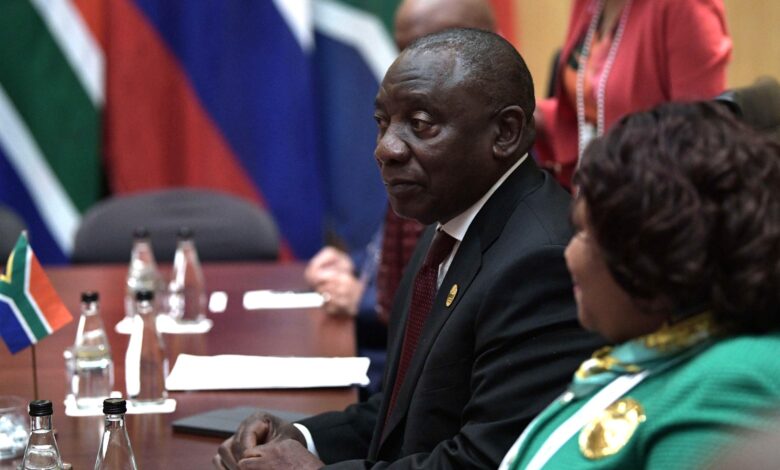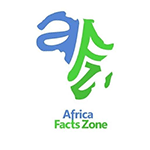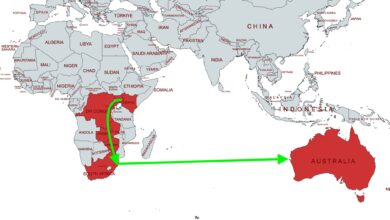South Africa Back on TOP as Africa’s Largest Economy as Nigeria Slips to 4th Place

Nigeria, once Africa’s largest economy, is facing a shift in its economic standing according to projections from the International Monetary Fund (IMF).
With Egypt overtaking the top position in 2023 and SouthAfrica expected to claim second place, Nigeria’s economy is set to slip to fourth place this year.
This change comes as a result of a series of currency devaluations and economic challenges plaguing the nation.
Economic Rankings: A Shift in Power
According to the IMF’s World Economic Outlook, Nigeria’s gross domestic product (GDP) is estimated at $253 billion for the current year.
However, this places Nigeria behind Algeria, Egypt, and South Africa in terms of economic size.
While Nigeria has long been Africa’s largest economy, recent developments indicate a changing landscape where other nations take the lead.
Factors Contributing to the Shift
The economic fortunes of Nigeria and Egypt have dimmed in recent times, largely due to high inflation rates and currency depreciation.
In Nigeria, President Bola Tinubu has implemented significant policy reforms aimed at addressing these challenges, including allowing the currency to float more freely and scrapping energy subsidies.
Despite these efforts, the Nigerian naira remains significantly weakened against the US dollar.
Similarly, Egypt has also faced currency devaluation as part of efforts to attract investment.
The IMF has supported Egypt’s flexible currency regime by increasing the size of a loan program, which, in turn, attracted additional financial support from other international institutions.
South Africa and Algeria: Economic Dynamics
In contrast to Nigeria and Egypt, South Africa’s economy benefits from a long-standing flexible currency regime.
While the South African rand has seen some depreciation against the US dollar, improvements in energy supply and logistics are expected to bolster the nation’s economic prospects.
Algeria, as an OPEC+ member, has benefited from high oil and gas prices, providing a boost to its economy amidst global geopolitical tensions.
The nation has played a role in alleviating Europe’s gas shortages, further solidifying its economic position in the region.
Conclusion: A Shifting Economic Landscape
The IMF forecasts paint a picture of a shifting economic landscape in Africa, with Nigeria and Egypt facing challenges while South Africa and Algeria capitalize on their strengths.
As nations navigate these dynamics, proactive policy measures and international support will be crucial in sustaining economic growth and stability.
FAQs: Your Questions Answered
- Why is Nigeria slipping in its economic ranking?
- Nigeria’s economic challenges stem from high inflation rates, currency devaluation, and policy reforms aimed at addressing these issues.
- What policies has President Bola Tinubu implemented in Nigeria?
- President Tinubu has allowed the Nigerian currency to float more freely and scrapped energy subsidies as part of efforts to stabilize the economy.
- Why has Egypt allowed its currency to float?
- Egypt’s decision to float its currency is aimed at attracting investment and addressing economic challenges.
- How has the IMF supported Egypt’s currency regime?
- The IMF has increased the size of a loan program for Egypt, providing financial support and encouraging further investment.
- What factors contribute to South Africa’s economic resilience?
- South Africa benefits from a flexible currency regime and efforts to improve energy supply and logistics infrastructure.
- How has Algeria benefited from global geopolitical tensions?
- As an OPEC+ member, Algeria has benefited from high oil and gas prices, strengthening its economy amidst global uncertainties.
- What are the implications of these economic shifts for Africa?
- The shifting economic landscape underscores the need for proactive policy measures and international cooperation to sustain economic growth and stability in the region.





